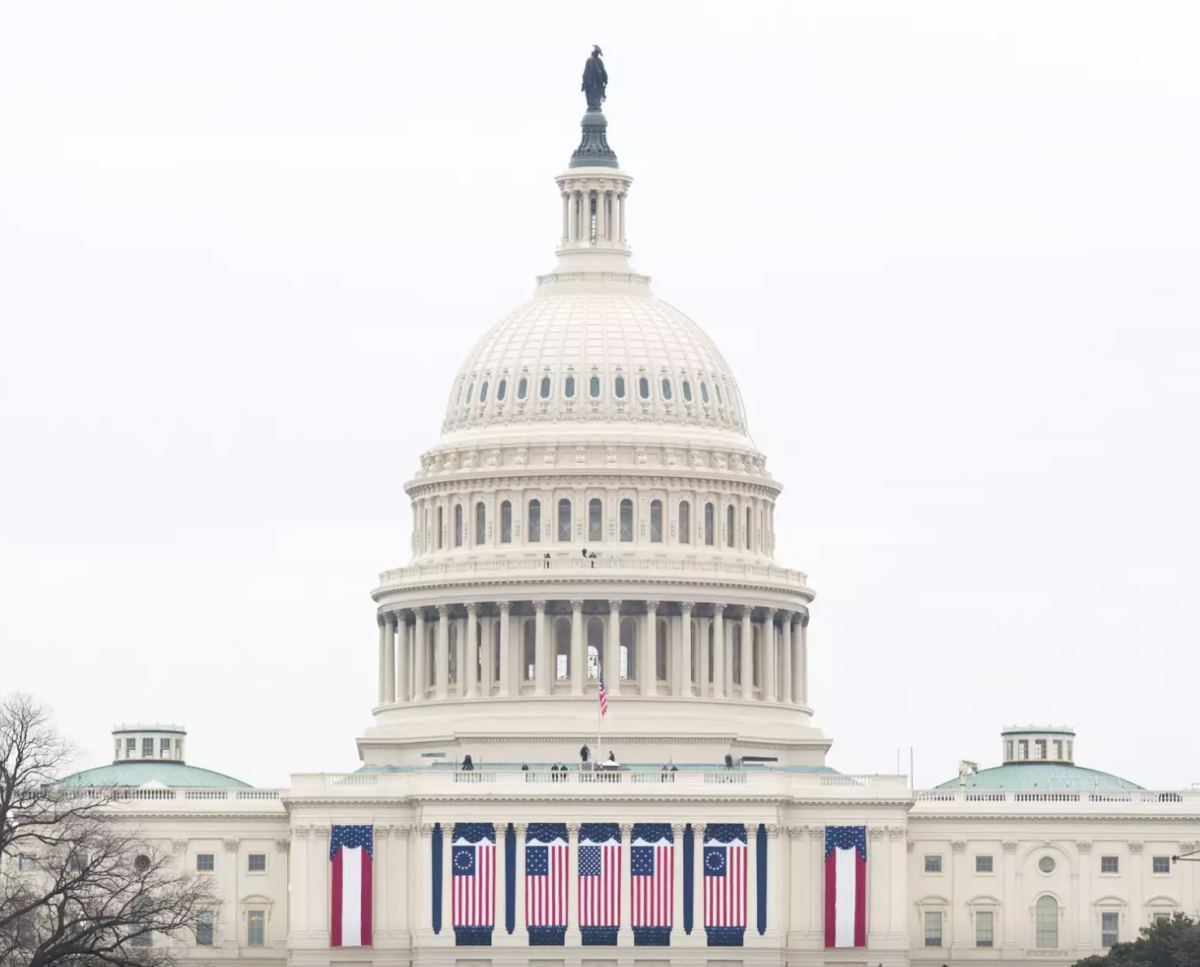How and why the government shut down
Facing the midnight deadline on Jan. 20 to pass government funding, Congress failed to prevent a government shutdown, largely due to disputes over immigration, military funding and Children’s Health Insurance Program (CHIP). While the House passed a short-term government funding plan, the Senate could not find an agreement for funding before the vote.
This shutdown — no matter how long it lasts — represents the inability of our representatives to compromise on behalf of the American people. One of the problems may be the lack of accountability or consequences for the representatives who could not negotiate with an open mind—a government shutdown leaves many federal jobs in limbo and government sites closed until funding is restored, while each party focuses on fault rather than take responsibility.
Senators and representatives from both sides of the aisle are playing the blame game, which only further perpetuates the partisanship and strong party ties preventing compromise in Congress.
President Trump clearly positioned the executive branch against Democrats as well before the possible government shutdown occurred. In a tweet, President Trump said, “Honestly, I don’t think the Democrats want to make a deal. They talk about Deferred Action for Childhood Arrivals (DACA), but they don’t want to help. We are ready, willing and able to make a deal but they don’t want to.”
However, the President contradicted his words with his actions. President Trump rejected an attempted bipartisan compromise on Jan. 11, which proposed a pathway to citizenship and protection for DACA recipients while simultaneously increasing border security. This agreement would have ended the visa lottery program—a favorable piece for conservatives—but would also have increased protections against deportations for immigrants from certain origin countries.
After the bipartisan committee suggested these agreements, the meeting turned unnecessarily tense. President Trump’s comment about some “shithole” countries turned the conversation from objective negotiations to unreasonably emotional language.
Additionally, this description of certain countries lacks any legitimate reason for denying these people access to and protection in the United States. Immigration laws require complicated analyses and details to determine economic benefits, distribution and diversity of immigrants, market needs, and more.
Discussions that turn away from these facts towards adverse and intolerant arguments will ultimately fail, like this meeting failed to produce successful a bipartisan agreement.
Republicans are not the only ones pointing fingers at the other side though. Democrats are also pushing the blame to the other side of the spectrum in the days before the possible government shutdown. Sen. Brian Schatz (D-HI) tweeted, “Nobody wins a government shutdown battle but I do know one thing: If it happens it will be because a bipartisan compromise was rejected by Republicans.”
Others have marked the President as the obstacle to passing reformed immigration and DACA standards, which hindered the attempts at passing a new government funding bill. Senate Minority Leader Chuck Schumer (D-NY) on Jan. 9 said in an interview with The Washington Post, “Make no mistake about it: A government shutdown will fall entirely on his [President Trump’s] shoulders.”
Many senators and representatives are quick to blame the opposing party because of upcoming 2018 midterm elections. As of now, Republicans hold the Senate with only 51 seats, a slim majority that could easily slip. In the House, Republicans hold a larger majority with 241 seats to Democrats’ 194 seats. But all of the House seats are up for reelection this year, so consistent opposition to compromise and little action from Congress could swing party power in either legislative body.
As President Trump enters the second year of his term, we must emphasize cooperation and political agreement if we hope for comprehensive legislation in the future. While midterm elections still stand months away, both parties need to hear from their constituents that a government shutdown is not a light issue, and that we choose compromise over alienation.

































